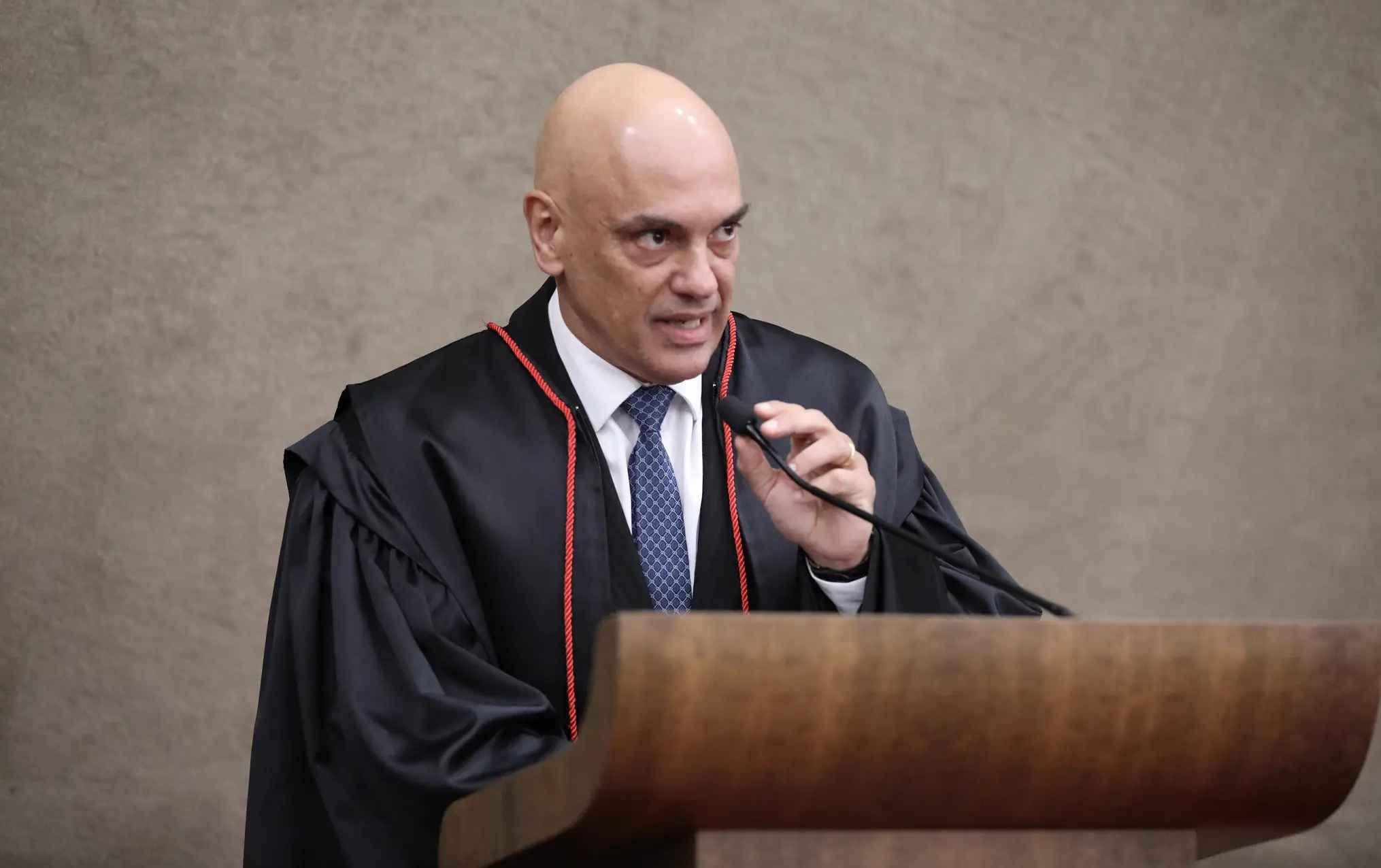
Image by TSE, from Flickr
Supreme Court Orders X Suspension in Brazil
On Friday, Brazil’s Supreme Federal Court judge Alexandre de Moraes ordered the suspension of X across the entire country. This decision followed the platform’s failure to comply with a previous court order, intensifying tensions between the Brazilian government and the social media giant.
According to local news outlet Poder360, the dispute began when Musk refused to appoint a legal representative in Brazil, a mandatory requirement for foreign companies operating within the nation.
In addition to suspending the platform, Moraes imposed a daily fine of R$50,000 (approximately USD 10,000) on anyone caught using Virtual Private Networks (VPNs) to access X while the ban is in effect, as reported by Poder360.
VPNs, which allow users to bypass geographical restrictions by masking their location, are often used to evade censorship in countries with strict internet regulations. By penalizing VPN usage, the court seeks to prevent users from circumventing the suspension.
Moraes criticized the company stating that X has been contributing to “an environment of total impunity and lawlessness in Brazilian social networks, including during the 2024 local elections.”
“Extremist groups and digital militias” have been using X for “massive dissemination of Nazi, racist, fascist, hateful and anti-democratic speeches,” adds Morales, as reported by Bloomberg.
Elon Musk responds to this decision stating in a post on X that ”Alexandre de Moraes is an evil dictator cosplaying as a judge.”
Bloomberg also reports that Moraes took legal action against SpaceX’s Starlink satellite-internet service in Brazil, freezing its finances to recover $3 million in fines imposed on X.
The AP notes that in his ruling, Moraes stated that he ordered the freezing of Starlink’s assets because X did not have sufficient funds in its accounts to cover the accumulating fines. He justified the decision by noting that both companies belong to the same economic group.
To this, Starlink responded with a post on X stating that : “This order is based on an unfounded determination that Starlink should be responsible for the fines levied — unconstitutionally — against X.”
Bloomberg further reports that Starlink announced plans to fight the order and potentially offer its services free of charge in Brazil.
As the legal battle unfolds, it remains to be seen how the Brazilian government will balance its efforts to regulate online platforms with the principles of free speech and open communication.


 Previous Story
Previous Story

 Latest articles
Latest articles 

Leave a Comment
Cancel